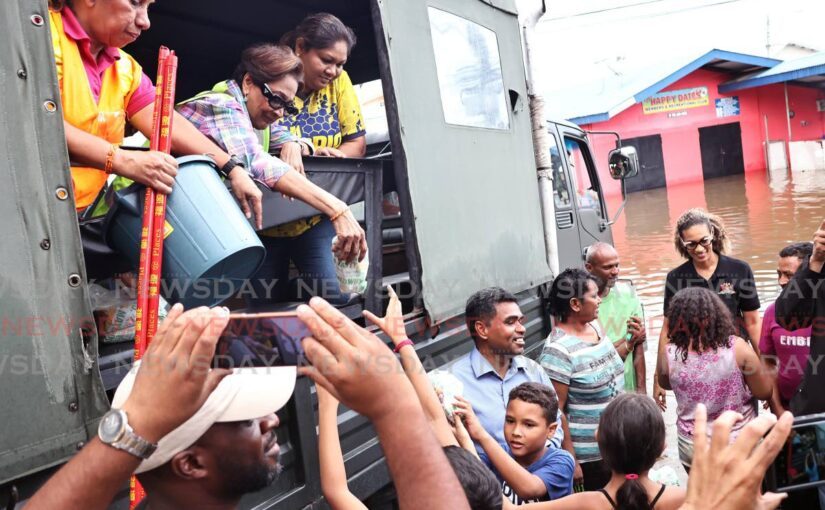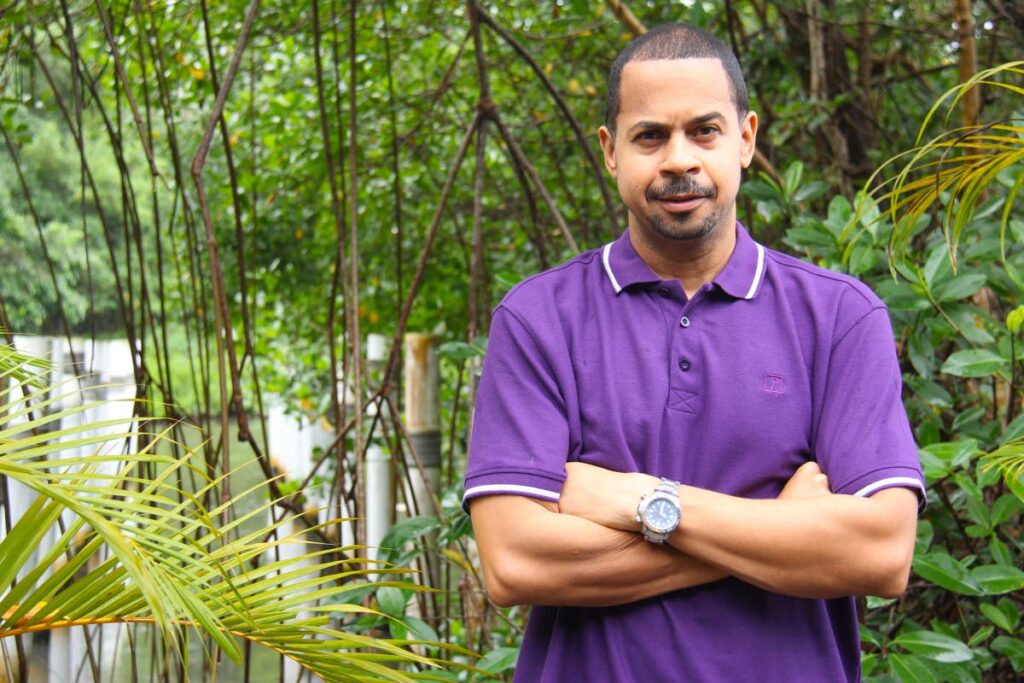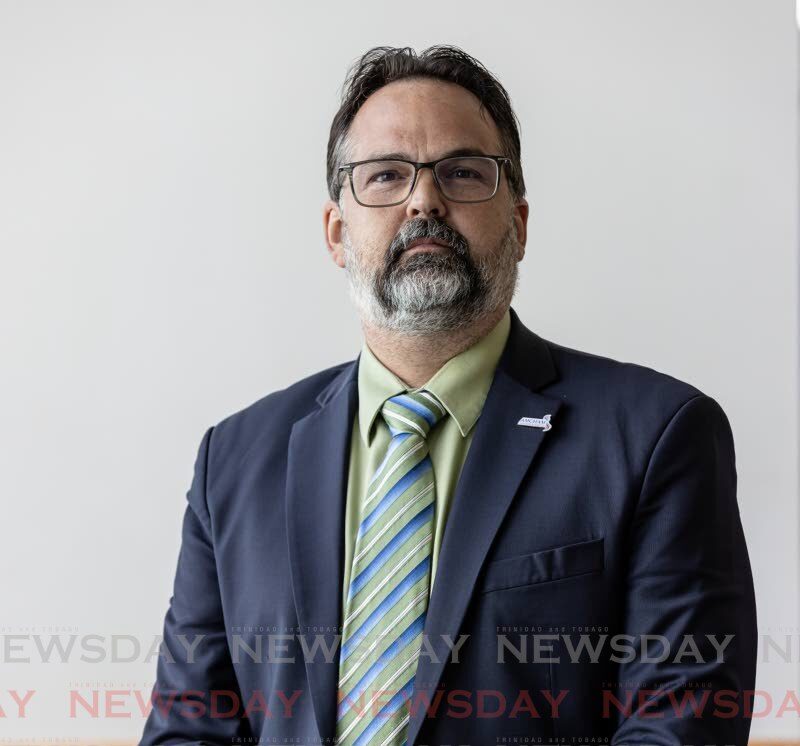Kamla urges immediate action on flooding in Penal
Written by Laurel V Williams on November 13, 2024

OPPOSITION Leader Kamla Persad-Bissessar, SC, has called on the government to take urgent action in response to the devastating flooding in Penal and other flood-prone areas in south Trinidad.
Speaking at a media conference on November 13 at her constituency office in Penal, the Siparia MP highlighted the challenges faced by residents and called for immediate mobilisation of resources to mitigate the disaster.
Persad-Bissessar also urged the government to declare the Penal/Debe region a high-priority relief area, ensuring that all available resources are deployed to assist affected communities.
She also called on the Minister of Rural Development and Local Government, Faris Al-Rawi, to expedite the deployment of essential equipment, including trucks, backhoes, excavators, bobcats, dinghies and lowboys.
She suggested that CEPEP (Community-Based Environmental Protection and Enhancement Programme) workers be used to strengthen the relief operation.
“Additional support should be provided by redirecting equipment and manpower from other regional corporations and CEPEP to enhance flood relief efforts in Penal/Debe.”
The flooding hit several low-lying areas in south Trinidad on November 12, leaving many residents trapped in their homes. Members of the Penal/Debe Regional Corporation (PDRC), along with Defence Force officers, were forced to evacuate at least four schools in the area.
Persad-Bissessar charged that illegal activities contributed to the destructive floods.
“One of the key reasons for this type of destructive flooding is the illegal backfilling of lands, illegal diverting of water courses, illegal dumping of garbage and illegal developments by some persons/entities,” she said.
She added that while it was very easy to blame the regional corporation and/or the central government, both must share in the blame, as well as the residents who engage in such illegal acts.
“It is the role of government to remedy these effects. Where is the enforcement of the law to prevent these illegalities?” she asked.
She further questioned why the majority of residents in the area should suffer because of the unlawful actions of a few.
“This is not just illegal, but unfair, destructive, and dangerous for the majority of residents.”
To address these issues, the Persad-Bissessar proposed that all regional corporations, with the full backing of the Ministry of Rural Development, issue stop-work notices on illegal developments, increase garbage collection, identify encroachments and realignments of watercourses, and launch legal action against offenders.

Opposition leader Kamla Persad-Bissessar is flanked by PDRC chairman Gowtam Maharaj and councillor Shanti Boodram during a media conference at her Siparia constituency office in Penal on November 13. – Photo by Lincoln Holder
She also called on the ministry to provide funding for these legal actions.
Persad-Bissessar raised concerns over the impact of recent budget reallocations on the PDRC’s ability to respond effectively to the flood and other issues.
She said the reallocation by central government impaired the PDRC’s ability to respond effectively to disasters and other matters.
“Funds totalling over $43 million, initially allocated for essential regional corporation services, were diverted to CEPEP and Rural Development Company,” she said.
She added that direct reallocation to CEPEP was over $36 million.
“Transfer to the National Reforestation and Watershed Rehabilitation Programme, $7 million,” she added.
“This reallocation has taken away funding for disaster preparedness, including $225,000 for procurement of major vehicles and equipment and $425,000 for disaster preparedness.”
She recalled that PDRC chairman Gowtam Maharaj told her that the corporation had requested $32 million in its Development Programme Draft Estimate to address 130 drainage and irrigation projects for the 2025 fiscal year.
“The Ministry of Finance allocated a meagre $5 million, which means the corporation can, at best, execute 20 projects. That is an abysmal failure.”
Persad-Bissessar highlighted health and sanitation risks amid clean-up operations.
She noted that, as the clean-up begins, the shut down of the Desalcott desalination plant – coinciding with the floods – further complicating recovery efforts.
“The threat of water-borne diseases is a serious concern as well as the breeding of the Aedes Egypti mosquitoes, particularly since the last floods saw a major increase in the number of dengue diagnoses and deaths in south Trinidad,” Persad-Bissessar said.
“I am calling for a co-ordinated effort from the Ministry of Public Utilities to get truck-borne water to communities in south Trinidad as well as to establish community water tanks to assist in the clean-up efforts.”
She insisted that the regional corporation needs the direct support of central government.
“This matter must not be left to languish since it impacts directly on the health and well-being of constituents,” she said.
After the conference, she toured the affected areas to assess the damage and further demonstrate her support for her constituents and the wider community.
The post Kamla urges immediate action on flooding in Penal appeared first on Trinidad and Tobago Newsday.




